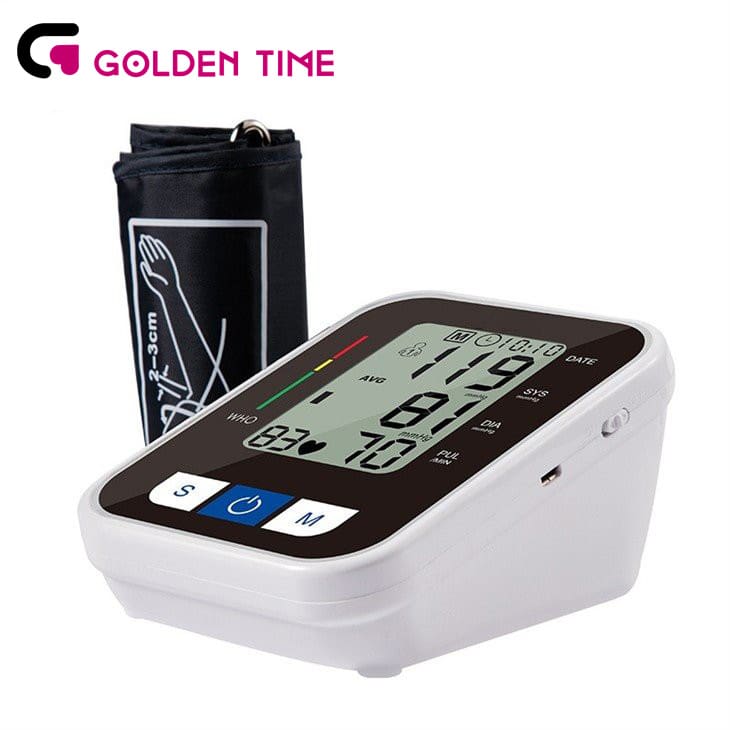Feb . 05, 2025 03:40 Back to list
hiv ab/ag gen blood rapid test kit
The modern healthcare landscape stresses the importance of accessibility and reliability in diagnostic tools, especially in infectious disease detection like HIV. Among the innovative solutions, the HIV rapid test strip emerges as a powerful tool providing immediate and credible testing results, vital for both individuals and healthcare providers seeking swift, actionable data.
Trustworthiness is a cornerstone of the success witnessed by HIV rapid test strips. They must generate consistent, dependable results across different populations and settings. This reliability is not just critical for individual peace of mind but is also essential for healthcare providers when making medical decisions based on results garnered from these strips. Rigorous testing processes during design and development phases, combined with continual quality checks and field evaluations, ensure the highest standards of trustworthiness are maintained. From a product perspective, manufacturers of HIV rapid test strips have placed a significant focus on education and user support. Comprehensive instructions accompany each test, often supplemented by toll-free helplines or online resources readily available to assist with any queries. Companies continue to pursue innovations to enhance the user experience, perhaps through digital integration—potentially allowing users to upload their results to healthcare apps or platforms for further analysis and guidance. Fortified with the pillars of experience, expertise, authoritativeness, and trustworthiness, the HIV rapid test strip continues to hold a profound impact on public health. As we advance technologically, companies are tasked with ensuring these strips reach vulnerable populations, and are designing them with user-friendliness and affordability in mind. Whether through more efficient distribution systems, reduced manufacturing costs, or partnerships with public health organizations, the future looks promising for the increasing adoption and trust in HIV rapid test strips globally.


Trustworthiness is a cornerstone of the success witnessed by HIV rapid test strips. They must generate consistent, dependable results across different populations and settings. This reliability is not just critical for individual peace of mind but is also essential for healthcare providers when making medical decisions based on results garnered from these strips. Rigorous testing processes during design and development phases, combined with continual quality checks and field evaluations, ensure the highest standards of trustworthiness are maintained. From a product perspective, manufacturers of HIV rapid test strips have placed a significant focus on education and user support. Comprehensive instructions accompany each test, often supplemented by toll-free helplines or online resources readily available to assist with any queries. Companies continue to pursue innovations to enhance the user experience, perhaps through digital integration—potentially allowing users to upload their results to healthcare apps or platforms for further analysis and guidance. Fortified with the pillars of experience, expertise, authoritativeness, and trustworthiness, the HIV rapid test strip continues to hold a profound impact on public health. As we advance technologically, companies are tasked with ensuring these strips reach vulnerable populations, and are designing them with user-friendliness and affordability in mind. Whether through more efficient distribution systems, reduced manufacturing costs, or partnerships with public health organizations, the future looks promising for the increasing adoption and trust in HIV rapid test strips globally.
Latest news
-
Premium Empty ABS Plastic Cassettes: Durable & Lightweight Storage
NewsAug.01,2025
-
Accurate Cocaine (Coc) Rapid Test Kit | Fast & Reliable Detection
NewsJul.31,2025
-
Accurate HCG Pregnancy Test Strips | Fast Home Use Kit
NewsJul.31,2025
-
Reliable Early Pregnancy Test Kit Supplier - Multi Plastic Cassette Options
NewsJul.30,2025
-
Transferrin Rapid Test Cassette – Reliable Tumor Marker Detection
NewsJul.29,2025
-
Accurate Follicle Stimulating Hormone Test Kit | Rapid Reliable Results
NewsJul.29,2025

